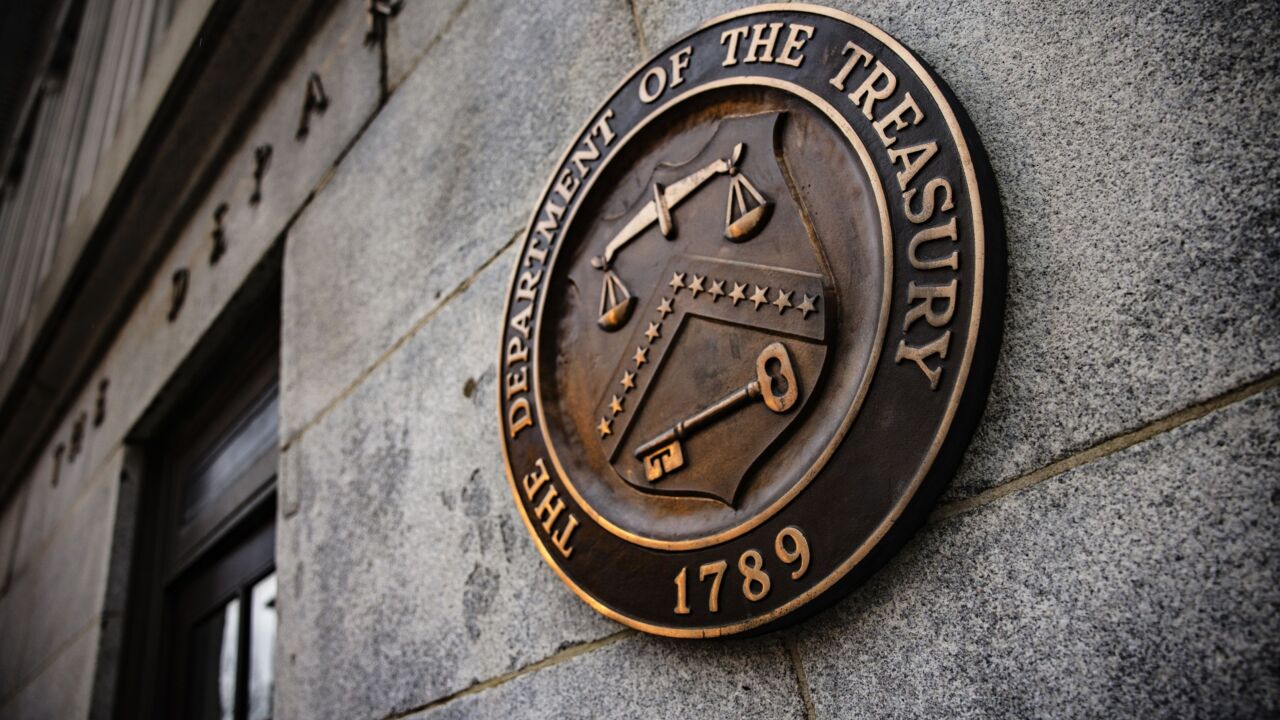
2016 seemed to have a significant effect on young people, as Deloitte’s
The survey, conducted by
Of those polled, millennials in emerging markets expected to be financially (71 percent) and emotionally (62 percent) better off than their parents. Notably, of those in mature markets, only 36 percent of millennials felt they'd be more financially successful than their parents, and just 31 percent predicting they'd be happier. The United States was the only mature market wherein a majority of those polled expected to be financially better off than their parents. In only 11 of the 30 countries covered does a majority expect to be “happier” than their parents.

Job security was another notable survey factor, with nearly two-thirds of respondents saying that they choose full-time over freelance employment. Last year's “loyalty gap” - the figure of those claiming they would be leaving their companies within two years and those who claimed they would stay more than five years - was 17 percentage points. This year, the same figure was just seven points.
“This pessimism is a reflection of how millennials’ personal concerns have shifted,” stated Punit Renjen, Deloitte Global's CEO. “Four years ago, climate change and resource scarcity were among millennials’ top concerns. This year, crime, corruption, war, and political tensions are weighing on the minds of young professionals, which impacts both their personal and professional outlooks.”
Over half of millennials also stated that their workplace provides them with opportunities to contribute to charities and causes, which in turn makes them more likely to stay with their employers.
"Based on what millennials are telling us, I think it’s important for business leaders to make purpose a top strategic priority and give employees opportunities to impact their communities," Jim Moffatt, Deloitte Global Consulting CEO, told Accounting Today. "Millennials want to make a difference on issues they care most about, but feel they can have a greater impact collectively through their workplace. Thus, employers that provide opportunities to be involved with “good causes” give millennials a greater sense of influence, leading to higher engagement and loyalty."
Flexible workplaces, another hot topic, also drew strong opinions from millennials. 84 percent of those polled reported at least some degree of flexible working, with 39 percent saying they were a part of highly flexible environments. Those in highly flexible offices were 2.5 times more likely to believe that those practices positively affected on financial performance. Another three-quarter of those offered flexible working opportunities say they trust colleagues to respect it, and 78 percent feel trusted by their managers.
"When an employer offers options in terms of working hours, location, and/or role, and shows trust in their employees’ ability to get their work done, it not only enhances workers’ personal well-being, health, and happiness, but it also supports greater productivity and employee engagement—a win-win for employers and employees alike,” added Moffatt.
Other significant findings from the survey included:
- 40 percent of millennials see automation as a threat to their jobs. 44 percent believe there will be less demand for their skills with automation and 53 percent see their workplace becoming less human as a result.
- 49 percent of millennials believe businesses and governments work well together (48 percent don't). 27 percent of respondents consider citizens/society to be the ultimate beneficiaries when businesses and governments collaborate.
- Approximately 60% of millennials believe that Generation Z (ages 18 and younger) will have a positive impact in workplaces; with emerging markets believing this more (70 percent) than in mature markets (52 percent).
For more on Deloitte and the Millennial Survey, head to the firm's





